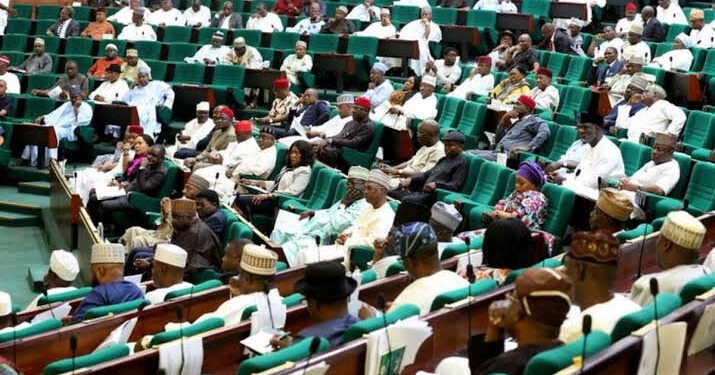Mixed reactions have began to trail the move by the National Assembly to amend the 1999 Constitution to grant citizenship to foreign investors who meet a certain investment threshold.
The proposed citizenship by investment legislation, sponsored by the Deputy Speaker of the House of Representatives, Benjamin Kalu, and six others, is currently receiving consideration by the House Committee on Constitution Review.
The bill seeks to alter Section 28 of the Constitution to introduce a new class of citizenship known as Citizenship by Investment.
The objective of the bill includes the need to attract Foreign Direct Investment by granting citizenship to individuals who invest in the Nigerian economy above a specified financial threshold or in strategic sectors critical to national development.
It also aims to attract huge foreign capital into Nigeria, stimulating economic growth, creating employment opportunities, and financing essential infrastructure projects.
A member of the House of Representatives and Chairman of the Committee on Foreign Affairs, Oluwole Oke, who supports the bill, said CBI was not new in other jurisdictions.
Oke, representing Obokun/Oriade Federal Constituency in Osun State, said, “It (CBI) is everywhere.”
However, a chieftain of the All Progressives Congress and former Minister of Sports, Prof. Taoheed Adedoja, said rather than grant citizenship to foreign investors, the starting point should be permanent residency, which would make such foreign nationals eligible for citizenship later.
He said, this was the practice in the United States of America.
Adedoja said, “I think we should go for permanent residency first. The law should be amended to allow foreign investors to have permanent residency in Nigeria. After living for a number of years, they would be eligible to apply for citizenship if they so wish. This is the way it is done in the United States.”
While commended the proposal, Adedoja pointed out that such foreign investment would help revamp the country’s economy and provide job opportunities for the youths.
However, he emphasised that what needed to be amended was the nation’s immigration law, not the Constitution.
“What needs amendment is our immigration laws, not the Constitution. When you grant these people permanent residency, they can apply for citizenship.
“We can make this work by proposing a lot of incentives for potential foreign investors. For instance, Nigerians in the Diaspora can be given incentives in categories. If a Diasporan Nigerian invests N20bn in the Nigerian economy, 20 of his relatives can be placed on scholarship.
“We can also propose that 80 per cent of these investments should be located in rural areas. This will open up rural economies for massive economic growth,” he said.
Renowned poet and Director of the International Institute of Journalism, Abuja, Emman Shehu, commenting on the proposed bill, stated that while the objective of the bill appeared patriotic on paper, its success remained a matter of conjecture.
“While the CBI proposal is designed to attract foreign capital by offering a fast-track path to citizenship, its success is not guaranteed. The core assumption is that the offer of citizenship is a strong enough incentive to overcome the structural deficiencies. However, research and analyses suggest that these very deficiencies are the primary reasons for declining foreign direct investment in Nigeria.
“Potential investors are not just looking for a passport; they are seeking a stable and predictable environment where their investments can be secure and profitable.
“For the CBI program to be truly viable and effective, it would need to be accompanied by deliberate and sustained efforts to address these fundamental issues. Without significant improvements in infrastructure, security, and governance, the citizenship offer may not be compelling enough to attract the high-calibre investors the program is targeting, who have many other, more stable, investment migration options globally,” he said.



































